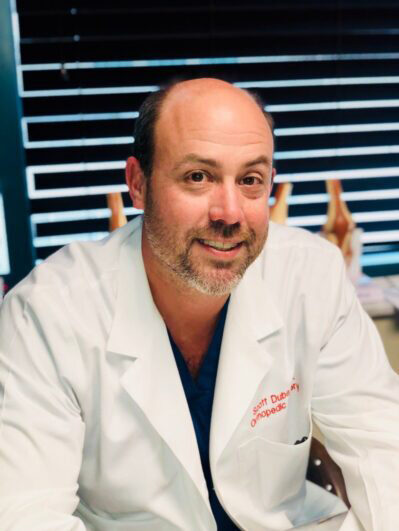Nutrition Tips for Faster Recovery After Orthopedic Surgery
Proper nutrition plays a vital role in recovery after orthopedic surgery. The right diet can help reduce inflammation, promote healing, and support the body’s repair processes. Good nutrition after surgery can accelerate wound healing, reduce the risk of infection, minimize muscle loss, support bone health, and boost the immune system.
Protein: The Building Block of Recovery
Protein is essential for tissue repair and wound healing. Aim for 1.2 to 2 grams of protein per kilogram of body weight daily. Include lean meats, fish, eggs, and dairy in your diet. Plant-based proteins like beans, lentils, and tofu are also excellent options. If recommended by your doctor, consider using protein supplements to meet your increased needs during recovery.
Vitamins and Minerals for Healing
Certain vitamins and minerals are crucial for recovery. Vitamin C, found in citrus fruits, berries, and leafy greens, supports collagen formation. Vitamin D and calcium, essential for bone health, can be obtained from dairy products, fortified foods, and sunlight exposure. Zinc, which aids in wound healing and immune function, is present in lean meats, seafood, and whole grains. Iron, important for the formation of new blood cells, can be found in red meat, spinach, and fortified cereals.
Healthy Fats and Fiber
Omega-3 fatty acids can help reduce inflammation. Include fatty fish like salmon and mackerel in your diet, or consider plant-based sources like flaxseeds and walnuts. Your doctor might also recommend fish oil supplements. Fiber is important for digestive health and can prevent constipation, a common side effect of pain medications. Eat plenty of fruits, vegetables, and whole grains, and stay hydrated to help fiber do its job.
Hydration: The Often Overlooked Nutrient
Proper hydration is crucial for recovery. Aim for 8-10 glasses of water per day and include hydrating foods like watermelon and cucumber in your diet. It’s best to limit caffeine and alcohol, which can be dehydrating and may interfere with your recovery process.
Foods to Avoid
Some foods can hinder your recovery. It’s best to avoid:
- Processed foods high in sugar and unhealthy fats
- Excessive salt, which can lead to fluid retention
- Alcohol, which can interfere with healing and medication
- Foods that you know cause inflammation in your body
Meal Planning for Recovery
Successful meal planning can make your recovery period much easier. Consider preparing and freezing meals before surgery, and stock up on easy-to-prepare, nutritious foods. A meal delivery service can be helpful temporarily, and don’t hesitate to ask friends and family for help with meal preparation.
Supplements and Listening to Your Body
While supplements can be beneficial, always consult your doctor before taking any, as some can interact with medications. Your doctor may recommend specific supplements based on your individual needs. Remember to listen to your body during recovery. Eat when you’re hungry, but don’t force yourself. Small, frequent meals may be easier to tolerate than large ones.
Key Nutrients for Recovery
Focus on including these key nutrients in your diet:
- Protein: For tissue repair and wound healing
- Vitamin C: Supports collagen formation
- Vitamin D and Calcium: Essential for bone health
- Zinc: Aids in wound healing and immune function
- Iron: Helps in the formation of new blood cells
- Omega-3 fatty acids: Help reduce inflammation
By following these nutrition tips, you can support your body’s healing process and potentially speed up your recovery after orthopedic surgery. Always consult with your healthcare provider or a registered dietitian for personalized advice.


